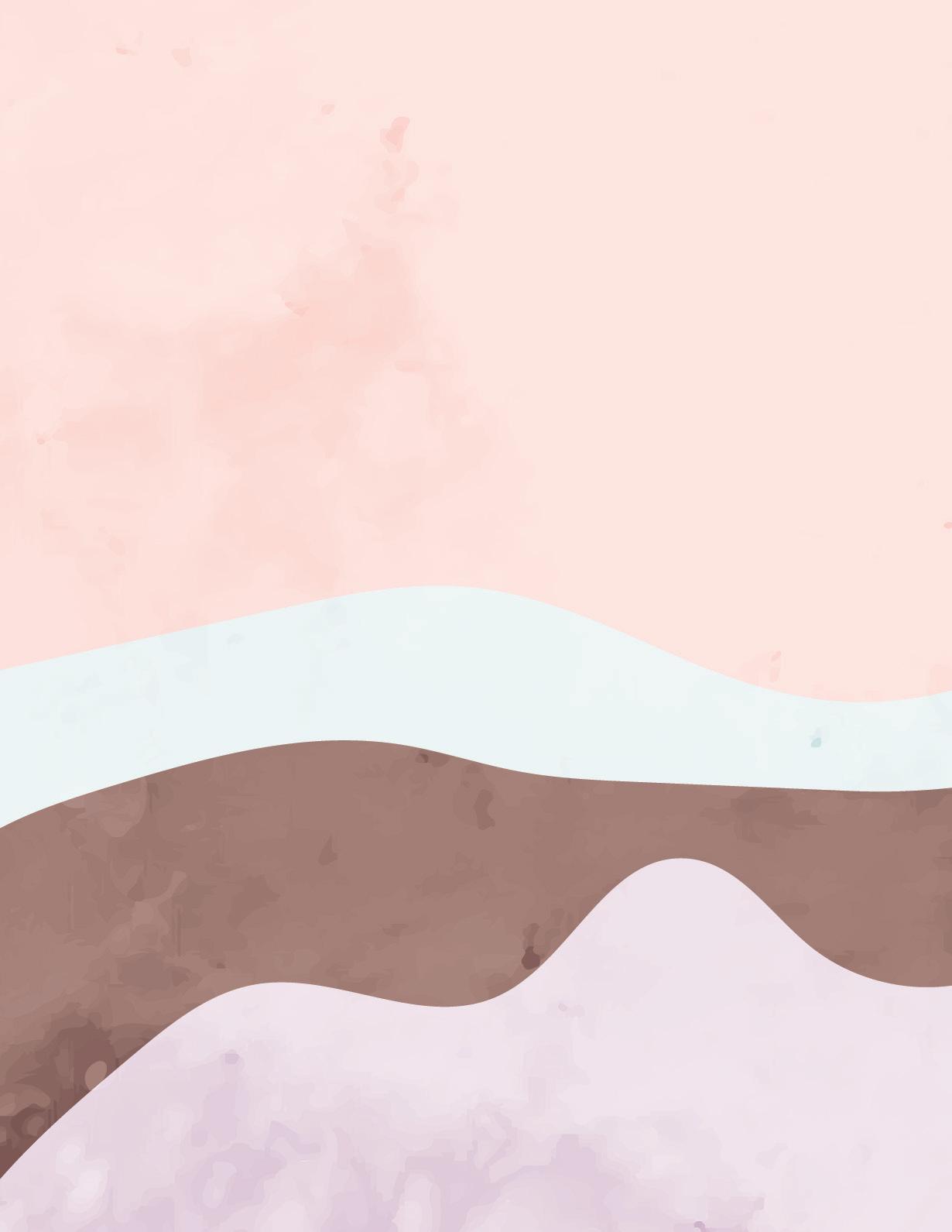
21 Ruth


21 Ruth
1. What reason did Elimelech have for taking his wife, and two sons from Judah? Where did they go? (Chapter 1)
2. What did Naomi’s daughters-in-law decide about returning to Judah after their husbands’ deaths? (Chapter 1)
3. Who was the owner of the field where Ruth gleaned after the barley harvesters? (Chapter 2)
4. What “extra” kindnesses did the owner show Ruth during the first day they met? (Chapter 2)
5. Where were the local government and business matters settled in the days of Ruth? (Chapter 4)
6. What was the sign of legalizing the transaction made between Boaz and his relative? (Chapter 4)
7. Why didn’t the nearer relative want to redeem Naomi’s estate? (Chapter 4)
1. What do the names Naomi and Mara mean and what is their significance? (Chapter 1)
2. How did the Israelite “gleaning” law help the two widows after their return to Bethlehem? (Chapter 2)
3. Explain Ruth’s act of obedience to Naomi’s instructions and the symbolism that this custom showed Boaz. (Chapter 3)
4. How does the book of Ruth picture our relationship with Christ? (Chapters 1 - 4)
Consider this:
Ruth was David’s great-grandmother and Rahab the harlot from Jericho was David’s great-great-grandmother. (Matthew 1:5) These facts show us that God’s love reached out not only to Hebrews, but Gentiles too, as they yielded their lives to serve Him, and by doing so, God used them to accomplish His purposes. Later in the New Testament, Peter, said, “I most certainly understand now that God is not one to show partiality.” (Acts 10:34)
ANSWERS TO L ESSON 21 OBSERVATIONS
1. There was a famine in Judah so they went to Moab. (1:1)
2. Orpah returned to her family in Moab but Ruth stayed with Naomi and went back to Judah. (1:14-18)
3. Boaz, a near-kinsman to Elimelech. (2:1-3)
4. He told her to glean in his fields through the harvests of barley and wheat; to drink the water drawn by his servants ; to eat along with the reapers; and he told his workers to drop extra bundles of grain for her to glean. (2:8-23)
5. The town gate. (4:1)
6. He removed his sandal and gave it to Boaz. (4:7-8)
7. He didn’t want to jeopardize his own estate, spending money for land that wouldn’t go to his own line. (4:5-6)
QUESTIONS FOR DEEPER THOUGHT
1. Naomi means pleasant, which is how her life was with her husband and sons. Mara, which means bitter, is how she felt after their deaths. (1:20)
2. By this law, God made provision for the poor and forbade the wealthy landowners to be greedy by going over their fields twice. (2)
3. She went to Boaz at the threshing floor, waited until he had finished eating and laid down. She then uncovered his feet and laid down at his feet. This showed Boaz that she was willing to be obedient to the law of her new people. She did not seek a younger husband for herself, but wanted him to redeem (cover) her. (3:1-13)
4. Ruth was a Moabite, not an Israelite, who were God’s chosen. Boaz is a type of Christ who redeems us. Ruth’s faithfulness to Naomi and her hard work in the fields, showed her character to Boaz. This reveals that our good works cause our faith to be complete. James 2:18-22